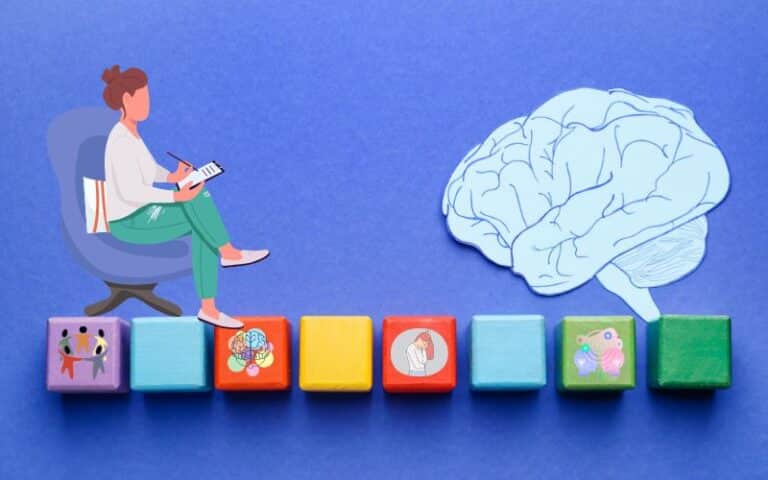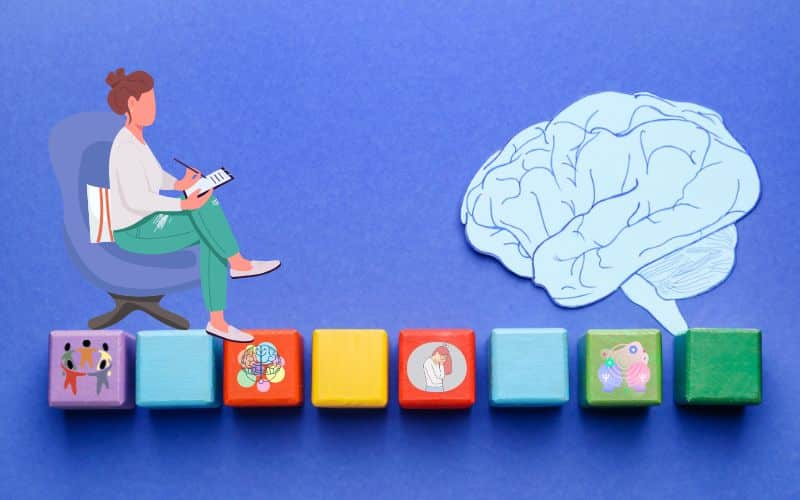The moment a child is diagnosed with autism, a quiet but profound shift begins in the home. There’s no dramatic scene, no neatly tied epiphany—just a growing awareness that life is going to move differently now. That routines will look a little less predictable, that communication might take new forms, and that some things will be harder—while others might just be more beautiful than expected.
The conversation around autism often centers on therapies and outcomes, but what’s less discussed is what happens behind the front door. This isn’t just a story about an individual. It’s a story about families—about how they adapt, grow, and sometimes struggle to be seen.
Beyond the Diagnosis: The Pressure We Don’t Talk About
Let’s be honest: many people still think of autism as an individual condition to manage, rather than something that affects a whole ecosystem. But the truth is, families with autism are permanently intertwined—where one begins, the other is reshaped.
Daily life changes, often in ways outsiders don’t see. Parents become researchers, advocates, and full-time coordinators of care. Siblings learn patience—and sometimes feel invisible. Meanwhile, everyday tasks like grocery shopping or attending birthday parties can become emotionally exhausting or logistically impossible.
There’s also the emotional undercurrent: grief for the expectations that might never be met, guilt over feeling overwhelmed, the hope that things will get better—but not always knowing how. These aren’t just parental worries. They ripple through the household in quiet, persistent ways.
If you’re trying to understand what that journey looks like—or looking for guidance on how to support it—this resource on families and autism offers a grounded, honest lens. It’s not about sugar-coating reality, but about helping families feel seen—and supported—as they navigate it.
The Reframe: It’s Not About “Fixing”—It’s About Understanding
What happens when families stop trying to make their child “fit in” and instead start building a world that fits around them? That’s when the shift begins.
Many parents say the most powerful moment in their journey is when they stop measuring their child’s development against a checklist. When they stop fighting for “normal” and start embracing what’s uniquely theirs. ABA, speech therapy, and special education services still matter—but they become tools, not benchmarks.
And when schools, workplaces, and extended family members begin to understand what autism really means—when they listen without judgment and support without patronizing—that’s when the isolation lifts. The more families are surrounded by informed communities, the more sustainable their strength becomes.
A Layer We Often Miss: The Sibling Experience
There’s another story worth telling here—the experience of siblings. They’re often the quiet co-stars in this journey, picking up emotional weight without always knowing how to carry it.
Some grow into fierce advocates. Others internalize frustration or confusion. What matters is that they’re part of the picture, and need just as much space for support, validation, and expression as anyone else.
Families that take time to include siblings in the conversation—who create open lines for their feelings, offer them time and attention, and allow them to define their own relationship with autism—often build deeper bonds across the household.
Conclusion: The Strength That Isn’t Always Seen
The phrase “it takes a village” gets tossed around a lot, it’s more than just a saying—it’s a necessity. Not because these families are fragile, but because their strength deserves reinforcement.
Behind every therapy appointment, every IEP meeting, every moment of quiet resilience is a family figuring it out together. They are redefining success, love, and communication—not for show, but for survival and joy.
Supporting them starts with listening. And believing that the way they live and love deserves not just understanding, but celebration.
















